
Voices in the Hall: Rosanne Cash
About Rosanne Cash Rosanne Cash has won four Grammy awards, has scored fifteen Top 20 country hits, has written one of music’s great memoirs in Composed, and has lived an unusual and commendable […]
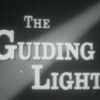 play_arrow
play_arrow
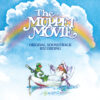 play_arrow
play_arrow
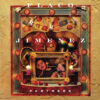 play_arrow
play_arrow
The Sounds of America: Flaco Jiménez’s Partners album BMPAudio
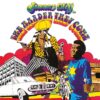 play_arrow
play_arrow
The Sounds of America: The Harder They Come Soundtrack BMPAudio
 play_arrow
play_arrow
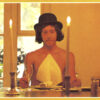 play_arrow
play_arrow
 play_arrow
play_arrow
 play_arrow
play_arrow
 play_arrow
play_arrow
 play_arrow
play_arrow
Science Of Happiness 76: If You Want to Be More Productive, Cut Yourself Some Slack BMPAudio
 play_arrow
play_arrow
 play_arrow
play_arrow
 play_arrow
play_arrow
Science of Happiness 73: How to Switch Off Your Critics BMPAudio
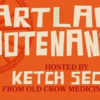 play_arrow
play_arrow
 play_arrow
play_arrow
Science of Happiness 72: How To Reconnect With Your Partner BMPAudio
 play_arrow
play_arrow
The Science of Happiness 71: Do You Want To Be More Patient? BMPAudio
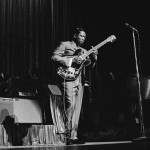 play_arrow
play_arrow
Red, White and the Blues BMPAudio
 play_arrow
play_arrow
The Science Of Happiness 70: How To Love People You Don’t Like BMPAudio
 play_arrow
play_arrow
The Science of Happiness 69: What’s Your “Why” In Life? BMPAudio
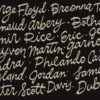 play_arrow
play_arrow
The Science of Happiness 68: From Othering to Belonging BMPAudio
 play_arrow
play_arrow
The Science of Happiness 67: Taking Small Steps toward Big Goals BMPAudio
 play_arrow
play_arrow
1A Memorial Day Special BMPAudio
 play_arrow
play_arrow
The Science of Happiness 66: How to Connect When You Must Stay Apart BMPAudio
 play_arrow
play_arrow
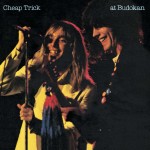 play_arrow
play_arrow
 play_arrow
play_arrow
The Science of Happiness 64: Helping Kids Think About the Good BMPAudio
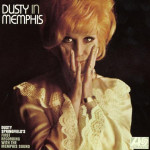 play_arrow
play_arrow
 play_arrow
play_arrow
The Science of Happiness 63: Remembering to Breathe BMPAudio
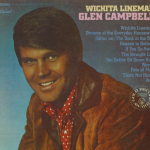 play_arrow
play_arrow
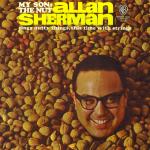 play_arrow
play_arrow
The Sounds of America: “Hello Muddah, Hello Fadduh” BMPAudio
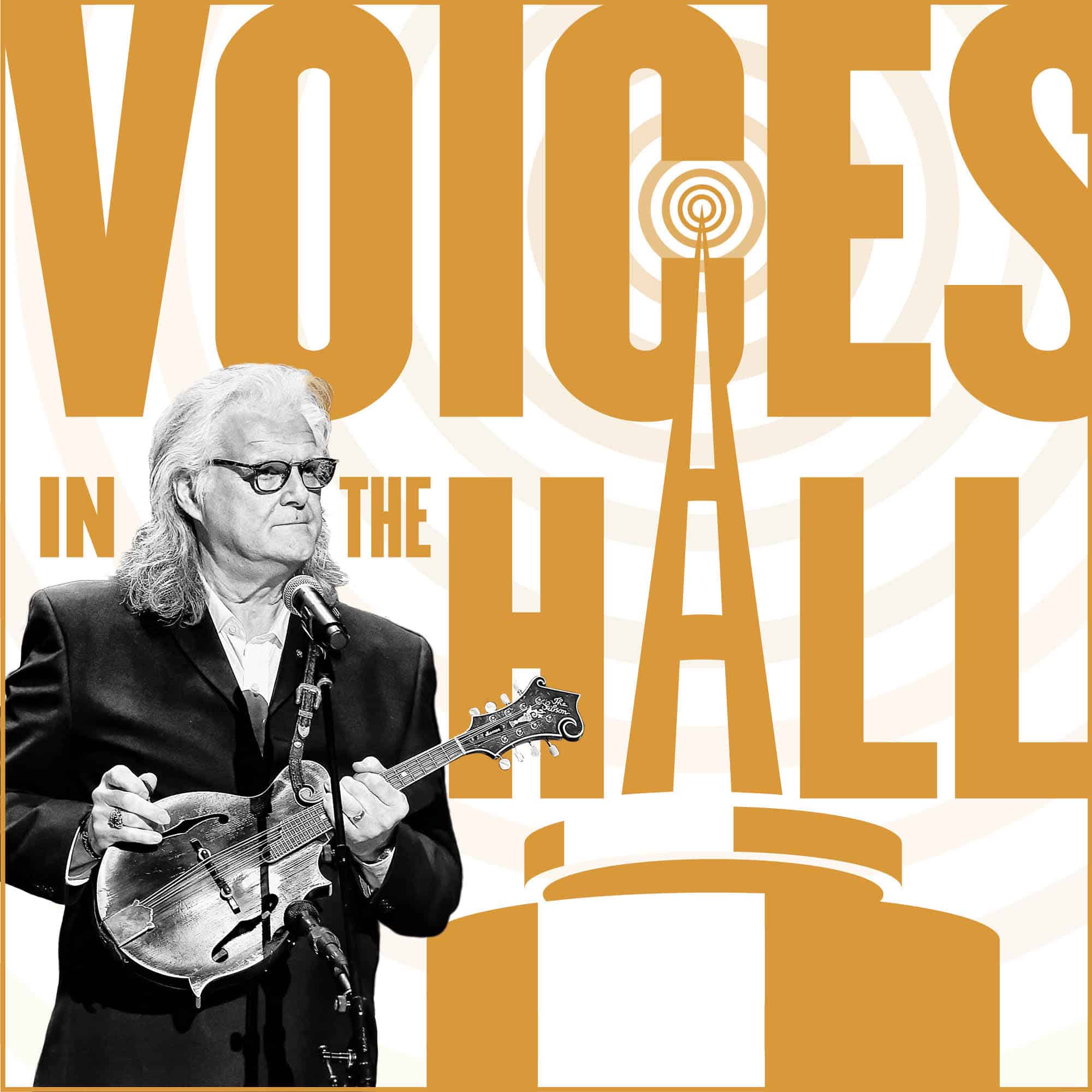
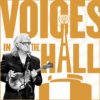 play_arrow
play_arrow
Voices in the Hall: Ricky Skaggs BMPAudio
As the first out of the gate in what is often called country music’s “neo-traditionalist movement” in 1981, Ricky Skaggs helped bring bluegrass and honky-tonk songs back into country’s mainstream. His instrumental virtuosity and pure, Kentucky-bred tenor vocals won the ardent approval of masters including Chet Atkins, Emmylou Harris, Earl Scruggs, Ralph Stanley, and his greatest hero, father of bluegrass, Bill Monroe. In 2018, he joined those legends as a member of the Country Music Hall of Fame.
If you want to go see Ricky Skaggs’s childhood home . . . well, you really have to want to see Ricky Skaggs’s childhood home. You’re not going to get there by accident. You have to travel winding Kentucky roads, way past what most of us recognize as civilization. And then you have to pray that your cell phone reception somehow holds out long enough for you to text Ricky Skaggs four or five times at various points, to get detailed instructions along the way. Then, if you’re lucky — and, friends, I was lucky — you can reach the holler (no one from around there has ever called it a “hollow”) of Cordell, Kentucky, and you can pass a little Freewill Baptist Church (basically, a Freewill Baptist Church makes Southern Baptists seem quite Presbyterian), and you can see a clear Kentucky stream next to a little house with an enclosed porch. Hobert Skaggs, Ricky’s daddy, enclosed that porch, most likely so that it could be used for picking parties in the winter time. Trust me, there’s a lot of winter time in Eastern Kentucky. Hobert is buried on a hill that overlooks that house and that porch. He’s the one who inspired Ricky’s love of music. When Ricky was five (and still spelled his name “Rickie”), Hobert pulled his son’s destiny off the wall of a little store in Lima, Ohio. He drove through the night with that destiny — in the form of a little mandolin — and placed it on a bed, next to his sleeping boy. When the kid awoke, he had a new best friend that would take him far from the holler, to places a barefoot boy could never have imagined. A year after getting that mandolin, he played a local schoolhouse with his hero, Bill Monroe. Not long after that, he was a guest on Lester Flatt and Earl Scruggs’s television show. And when he was a teenager, he left home and joined Ralph Stanley’s Clinch Mountain Boys, a band that included future country star Keith Whitley, who spent many an evening playing with Ricky on that enclosed porch. Ricky changed music, as is evidenced by his place in the Country Music Hall of Fame. His plaque is in the Hall of Fame Rotunda with those of Monroe, Flatt and Scruggs, Chet Atkins, Emmylou Harris, Vince Gill, and so many others who had or have great respect for Ricky’s tradition-based brand of country and bluegrass music. In this edition of Voices in the Hall, Ricky takes us back to his childhood days and brings us up to the present day. For most of you, this conversation will be as close as you’ll ever get to Cordell, Kentucky.


BMPAudio February 12, 2019
About Rosanne Cash Rosanne Cash has won four Grammy awards, has scored fifteen Top 20 country hits, has written one of music’s great memoirs in Composed, and has lived an unusual and commendable […]


Whether a syndicated national radio series, podcast, documentary or audiobook, BMP Audio creates imaginative, sophisticated and effective sound tracks for your ideas. Our fully digital production facilities assure the highest level of audio fidelity. The world’s top broadcast companies know this – and that’s why they choose BMP Audio.